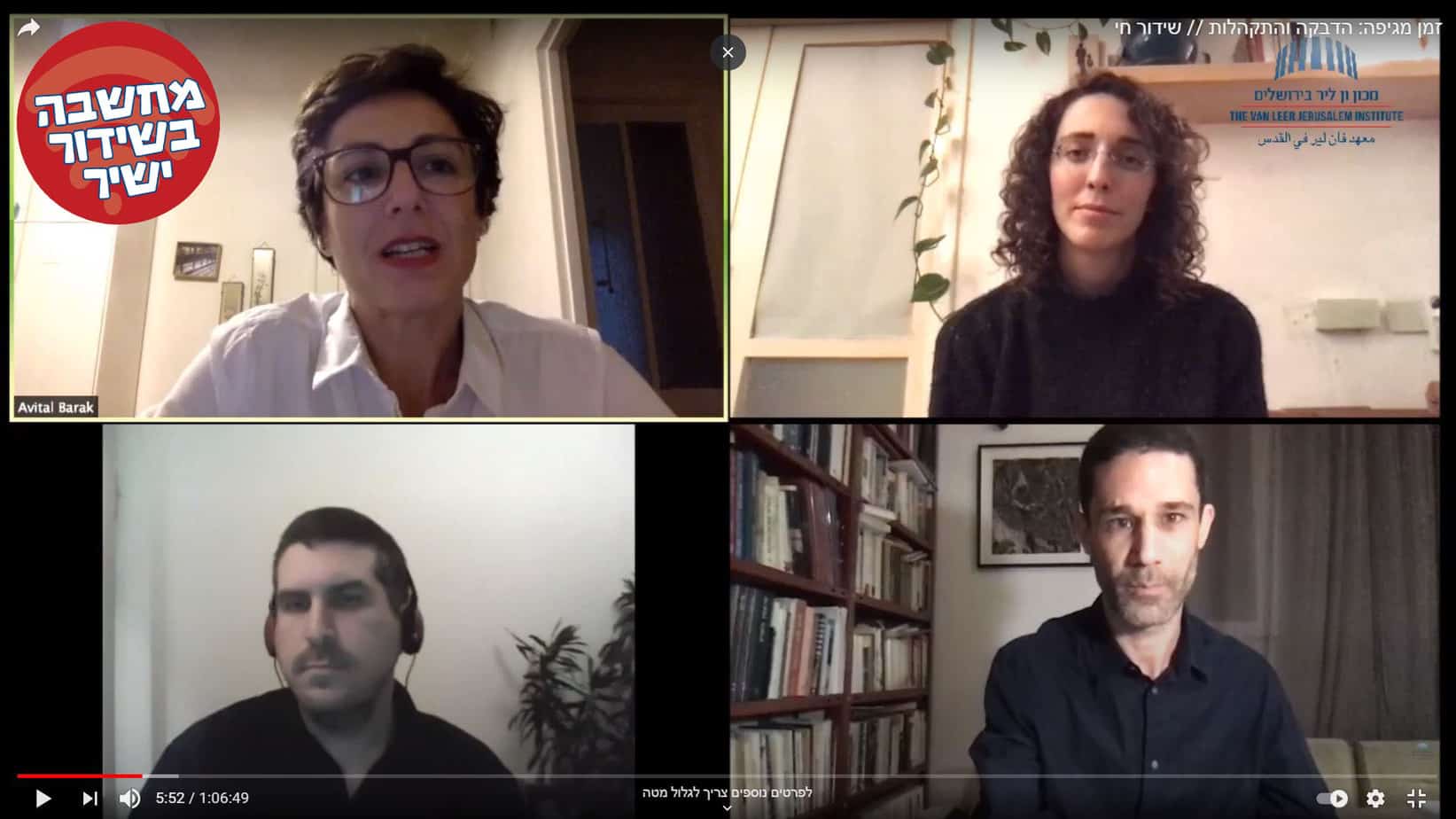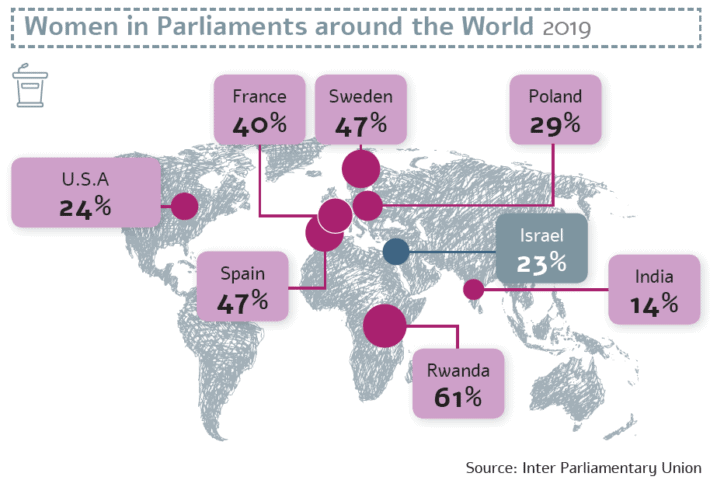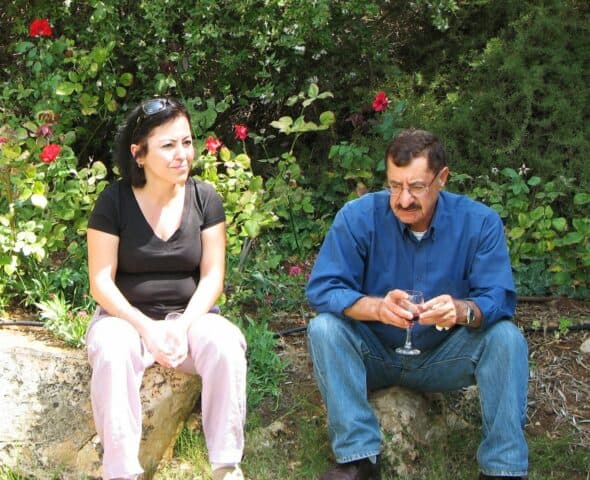Summary of 2020: “Thinking Live”
Daniela Charbit | 20.01.2021 | Photo: Van Leer Multimedia

As soon as Israel entered its first coronavirus lockdown, the Van Leer Jerusalem Institute began broadcasting live lectures and events on its website, its YouTube channel and its Facebook page, as part of the “Thinking Live” series. Each lecturer appeared on video from their home, and the audience, which was invited to ask questions, watched from their own homes. In this article we collected some of the main lectures held at the institute in 2020. We would like to recommend browsing through the numerous and diverse lectures held by the institute over the years, which are stored as videotaped lectures on the website.
Humankind's Responsibility towards Nature: Insights in the Wake of Spinoza and Jonas
The first lecture broadcast live from the institute at the beginning of the coronavirus crisis was by Prof. Pini Ifergan, as part of the VLJI’s Spinoza Center. The lecture was part of a lecture series on Baruch Spinoza’s philosophy, focusing on the elucidation and commentary on his main works, including Ethica, Tractatus Theologico-Politicus, and Tractatus Politicus.
The Days of Tomorrow: Conversations about the Coronavirus Crisis and Post-Capitalism
The coronavirus crisis led to a lecture series about its very disruption of neoliberal assumptions and the opening of the way to a post-capitalist society. In the series, Dr. Kfir Cohen Lustig hosted experts in their fields: Dr. Eli Kook, Dr. Yair Kaldor, Mickey Peled, and Dr. Hagar Tzameret, and spoke to them about the present and the future.
Pandemic Time: Contagion and Congregation. Theory and Criticism
The order of the day is to avoid gatherings of any kind and remain in isolation. Different gatherings serve as sites of contagion – community spread. This lecture, as part of the Theory and Criticism series, was about congregation, community, and public. It included Avital Barak, Tal Yehezkeli , and Nir Shauloff, and was facilitated by Dr. Shaul Setter.
Life and Death, the State, and Martyrdom: Haredi Society and the State of Emergency
The coronavirus crisis raises profound questions and challenges for the haredi community itself, and among the non-haredi public towards it. The discussion led by Ido Harari, with Tzippora Gutman, Rabbi Yisrael A. Grovais, and Prof. Maoz Kahana, focused on government restrictions and the extreme public discourse about that public, and tried to understand the questions and problems the state of emergency poses for the haredi community, both currently and from a historic perspective.
Feminism during the Coronavirus: Emotion, Politics, Action
Dr. Miri Rozmarin had a discussion with Dr. Rawia Aburabia, Dr. Julia Lerner and Yonit Naaman about the fierce emotions that arise in the public sphere during the pandemic, from a feminist perspective, and how they operate in the political and social discourse. For further lectures on feminism and gender during the coronavirus
Homosexuality, Theology and Action: Shabbetai Zevi and the Question of his Sexuality
The Van Leer Jerusalem Institute, in cooperation with Maskila, a line of gay lectures in Jerusalem founded by Havruta and Achva, held a lecture series in which it sought to explore the issues of queerism and LGBT in Middle Eastern society from both historical and contemporary perspectives, and thus shed light on this social phenomenon in these societies and contribute to the growing discourse on the topic. The series began with a meeting between Dr. Tsameret Levy-Daphny and Daniel Jonas.
The End of Love: a Conversation with Prof. Eva Illouz
Dr. Amalia Rosenblum and Prof. Galili Shahar in a conversation with Prof. Eva Illouz about her book that just came out in Hebrew, The End of Love: A Sociology of Negative Relations. Prof. Illouz talks about how she examines the myriad ways romantic relationships come to an end, and the factors that influence them.
In Favor of Perplexity and in Favor of Whitewashing: Conservatism for the Undecided, the Skeptics, and the Unbelievers
This lecture by Assaf Sagiv is about radical conservatism in Israeli society and politics, compared to the American model and the traditional British model. The discussion was facilitated by Prof. Pini Ifergan. For another lecture by Assaf Sagiv about liberalism, fascism and populism in states of emergency.
Laborers and Actors in Translation: From the Individual Turn to a Bi-National Translation
Dr. Lilach Nethanel spoke with Prof. Yehouda Shenhav-Shahrabani about his book Laborers and Actors in Translation, published by Van Leer Institute Press and Hakibbutz Hameuchad. The book is a critical historic analysis, combining political thought, translation theory, and practice of contemporary literary translation from Arabic into Hebrew. It stemmed from the Maktoob project and the Translators Forum.
Follow our Facebook page and stay tuned for new lectures.




